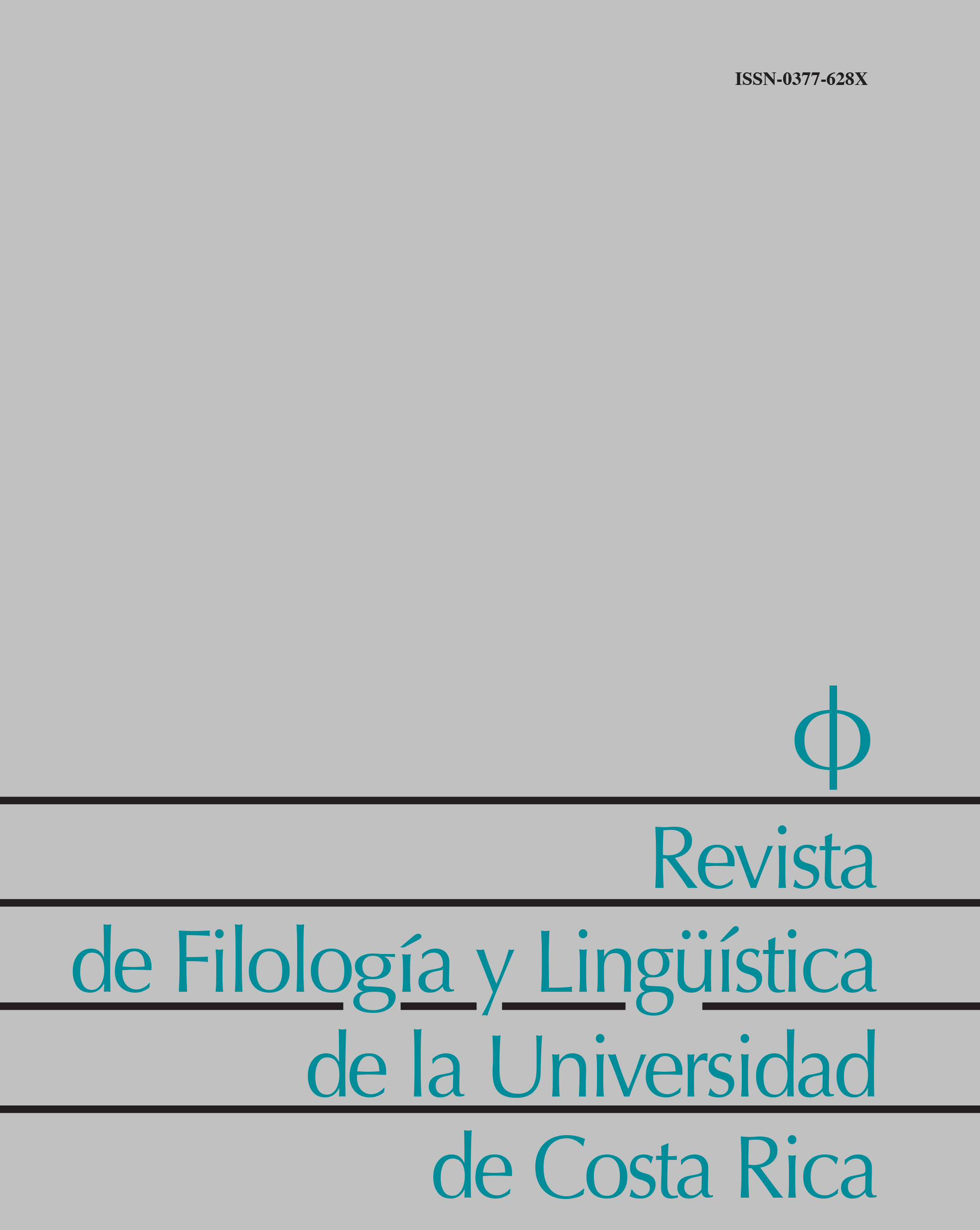Abstract
In this paper, metacognitive strategies are not only explained but it is shown how those strategies can be implemented in a Spanish as a Second Language (L2) (or Foreing Language, ELE) classroom too. Three main metacgonitive components are taken into account: declarative, procedimental and conditional knowledges that can be applied in the classroom as metacognitive processes: planification, monitoring and control, and evaluation. Such strategies promote the learners’s autonomy by allowing students to monitor, control and evaluate their own learning process (Hall, 1991; Pintrich, 2002; Jiménez Rodríguez, 2004; Muhammand Al-Khateeb, 2011; Alhaqbani & Riazi, 2012). Furthermore, when those strategies have been applied in foreign language classroom students has obtained better results at reading comprehension tasks (Brantmeir, 2003; Yang, 2002; Farrell, 2001).
References
Alhaqbani, A. & Riazi, M. (2012). Metacognitive awareness of reading strategies use in Arabic as a second language. Reading as a Foreign Language. 24 (2), 231-255.
Antonijevic, N. y Chadwick, C. (1981/82). Estrategias cognitivas y metacognición. Revista de Tecnología Educativa. 7, 4, 307-321.
Brantmeier, C. (2003). Does gender make a difference? Passage content and comprehension in second language reading. Reading in a Foreign Language. 15 (1), 1-27.
Carrell, P., Carson, J.G. & Zhe, D. (1993). First and Second Language Strategies: Evidence from Cloze. Reading in a Foreign Language. 10 (1), 953-965.
Cuetos-Vega, F. (2000). Psicología de la lectura: diagnóstico y tratamiento de los transtornos de lectura. Barcelona: CISSPRAXIS.
Dunlosky, J. y Metcalfe, J. (2009). Metacognition. Estados Unidos de América: Sage Publications, Inc.
El-Hindi, A. (1997). Connecting Reading and Writing: College Learners Meta Cognitive Awareness. Journal of Developmental Education. 21 (2), 10-17.
Farrell, T. S. C. (2001). Teaching Reading Strategies: ‘It Takes Time!’. Reading in a Foreign Language. 13 (2), 631-646.
Flavell, J. H. (1979). Metacognition and Cognitive Memory: a New Area of Cognitive-Developmental Inquiry. American Psycologist. 34 (10), 906-911.
Graesser, A. C., Olde, B., Pomeroy, V., Whitten, S., Lu, S. & Craig, S. (2006). Inferencias y preguntas en la comprensión de textos científicos. Tarbiya: Revista de Investigación e Innovación Educativa del Instituto Universitario de Ciencias de la Educación. Universidad Autónoma de Madrid. 36, 103-128.
Hall, W. S. (1991). La comprensión de la lectura. Por A. Puente (Ed.). Compresión de la lectura y acción docente. (25-72). España: Ediciones Pirámide.
Jiménez-Rodríguez, V. (2004). Metacognición y comprensión de la lectura: evaluación de los componentes estratégicos (procesos y variables) mediante la elaboración de una escala de conciencia lectora (ESCOLA) (Tesis doctoral). Universidad Complutense de Madrid.
Muhammand Al-Khateeb, O. S. (2011). The Impact of Using Meta Cognitive Learning Strategies on Al-Hussain Bin Talal University Students’ Achievement in and Attitudes towards Health Concepts in “Tenet of Worship” Course. Asian Social Science. 7 (3), 165-186.
Navarro, A. (1991). Procesos perceptivos y atencionales durante la lectura. Por A. Puente (Ed.). Compresión de la lectura y acción docente. (41-72). España: Ediciones Pirámide.
Pintrich, P. R. (2002). The Role of Metacognitive Knowledge in Learning, Teaching, and Assessing. Theory Into Practice. 41 (4), 219-225.
Puente, A. (1991). Comprensión de lectura y acción docente. Madrid: Pirámide.
Rossi, J-P. (1991). Input and Output: Processing and representation. Por G. Denhière & J-P. Rossi. (Eds.). Advances in Psychology 79: Text and Text Processing. (3-18). Holanda: Elsevier Science Publishers B.V.
Rumelhart, D. E. (2013). Toward an Interactive Model of Reading. Por D. E. Alvermann, N. J. Unrau & R. B. Ruddell (Eds.). Theoretical models and processes of reading. (719-747). Newark, DE: International Reading Association.
Sainz, J. S. (1991). Procesos de lectura y comprensión de lenguaje. Por J. Mayor & J. L. Pinillos (Eds.). Tratado de Psicología General. (641-738). Madrid: Alhambra Longman http://es.scribd.com/doc/5199431/PROCESOS-DE-LA-LECTURA.
Wade, S. E. & Reynolds, R. E. (1989). Developing metacogntive awareness. Journal of Reading. 33 (1), 6-14.
Yamashita, J. (2004). Reading attitudes in L1 and L2, and their influence on L2 extensive reading. Reading in a Foreign Language. 16 (1), 1-19.
Yang, Y-F. (2002). Reassessing Readers’ Comprehension Monitoring. Reading in a Foreign Language. 14 (1), 18-42.

